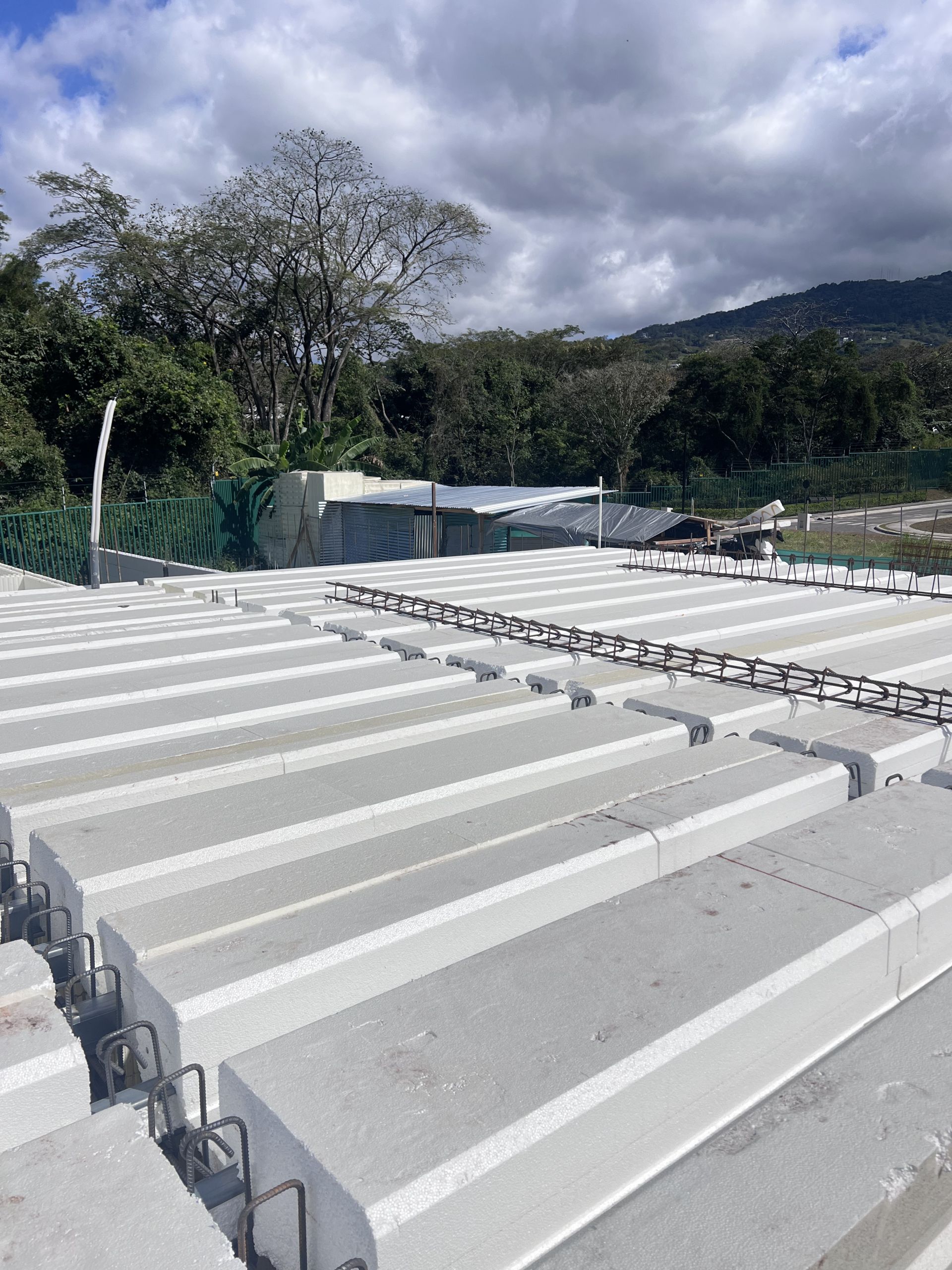
Insulated Concrete Forms (ICFs), also known as EPS (Expanded Polystyrene) panels, are an innovative construction method that combines energy efficiency, durability, and ease of installation. These forms consist of two layers of expanded polystyrene (EPS) insulation, held together by a series of connectors, and are filled with reinforced concrete to create strong and well-insulated walls.
Key Benefits of ICFs
Energy Efficiency
ICFs provide superior thermal insulation, reducing heating and cooling costs. Their high R-value and airtight structure minimize heat loss, making buildings more energy-efficient.Structural Strength & Durability
Reinforced concrete within ICFs provides exceptional strength, making buildings resistant to extreme weather, earthquakes, and even fires. This durability increases the lifespan of structures.Soundproofing
The combination of EPS panels and concrete significantly reduces noise transmission, making ICFs ideal for residential and commercial buildings in noisy environments.Fast & Easy Installation
ICF blocks or panels are lightweight and simple to assemble, reducing labor costs and construction time. This efficiency makes them a preferred choice for builders and developers.Eco-Friendly Construction
ICFs reduce energy consumption and waste during construction. Many EPS panels are made from recycled materials, contributing to sustainable building practices.
Applications of ICFs
ICFs are widely used in residential, commercial, and industrial construction. They are particularly popular in building energy-efficient homes, schools, hospitals, and office buildings.
Conclusion
Insulated Concrete Forms (ICFs) or EPS panels offer a modern solution for constructing strong, energy-efficient, and sustainable buildings. With their numerous advantages, they are becoming an increasingly popular choice for builders looking to enhance efficiency and durability in their projects.
